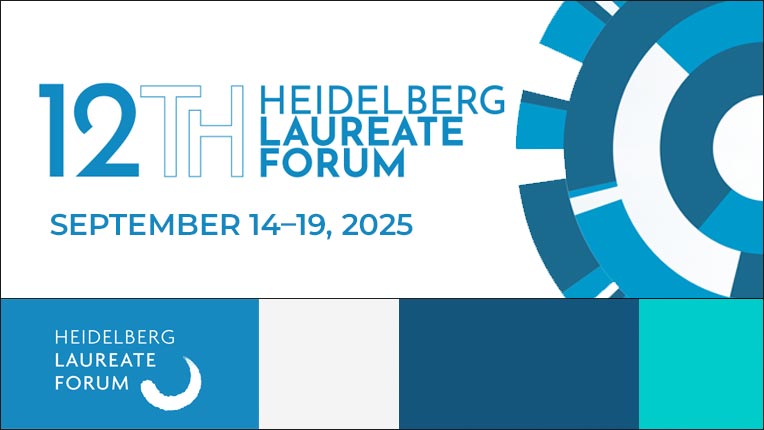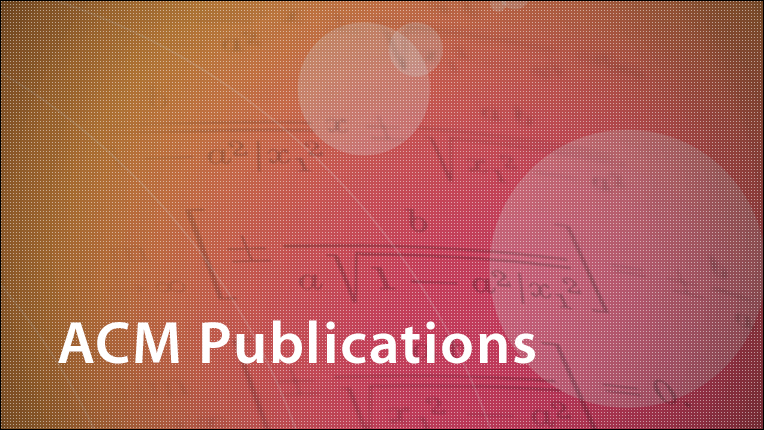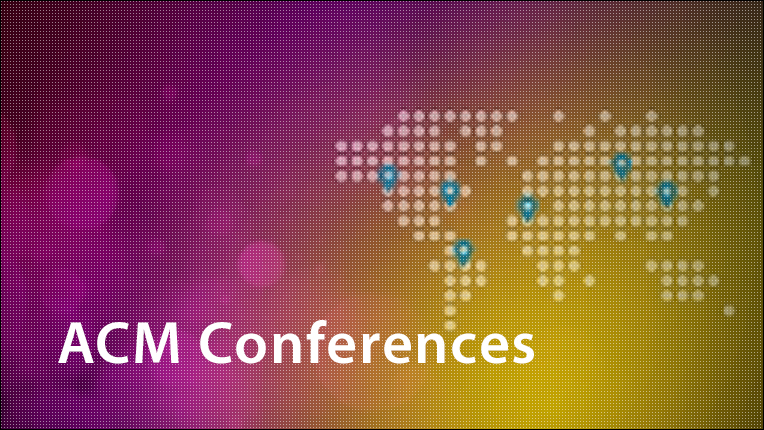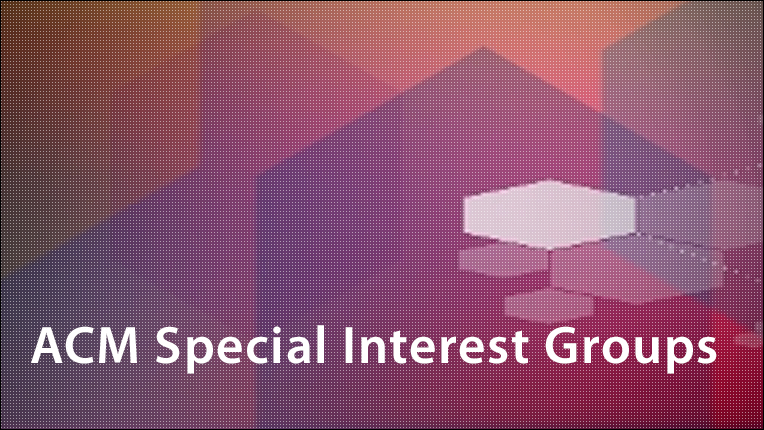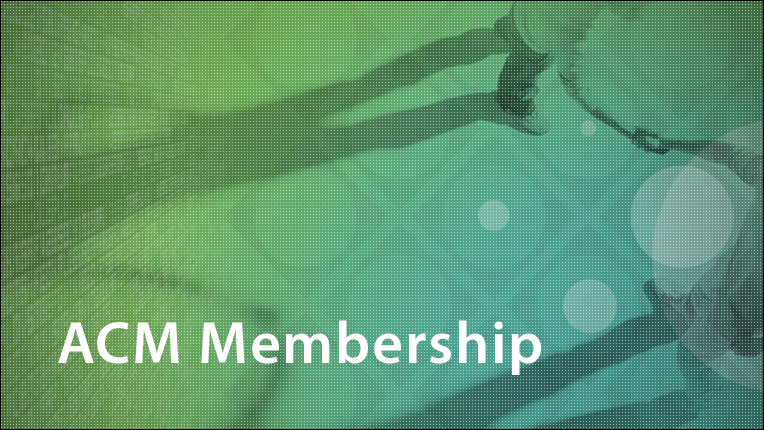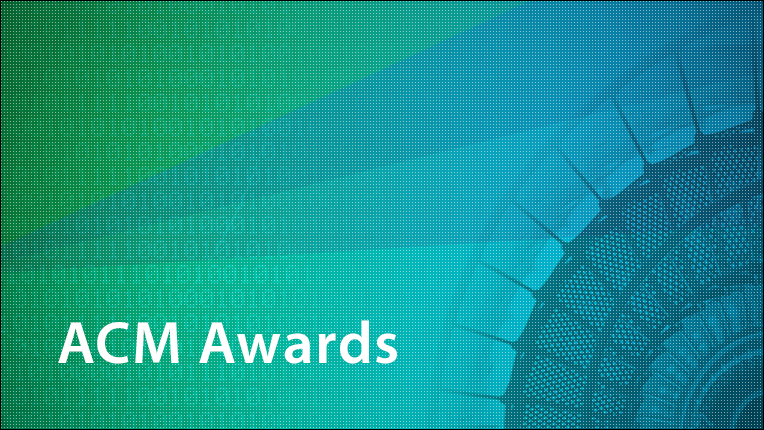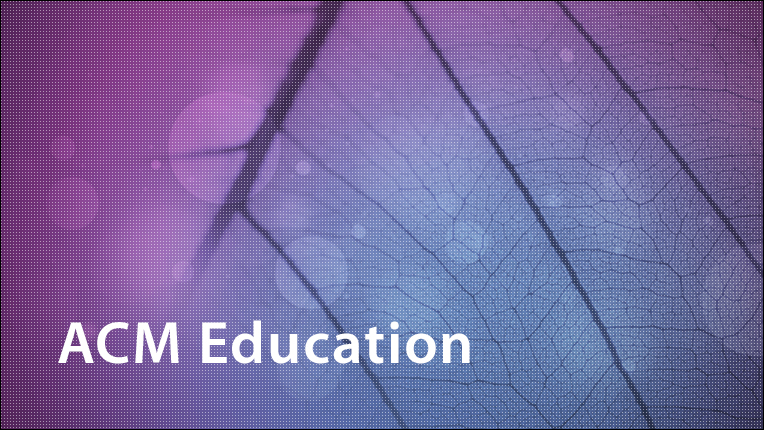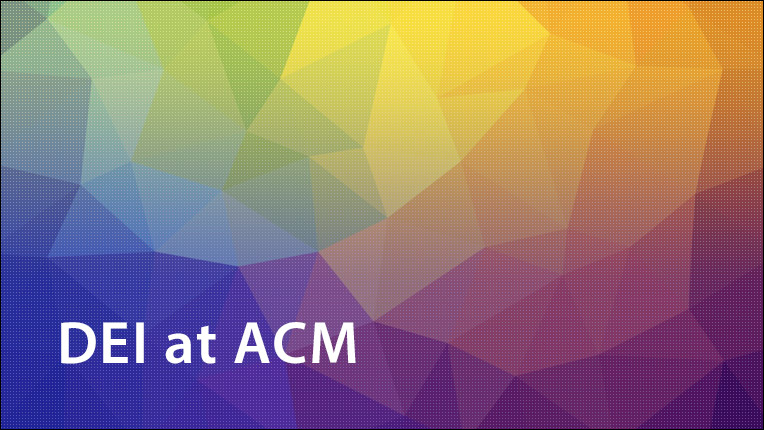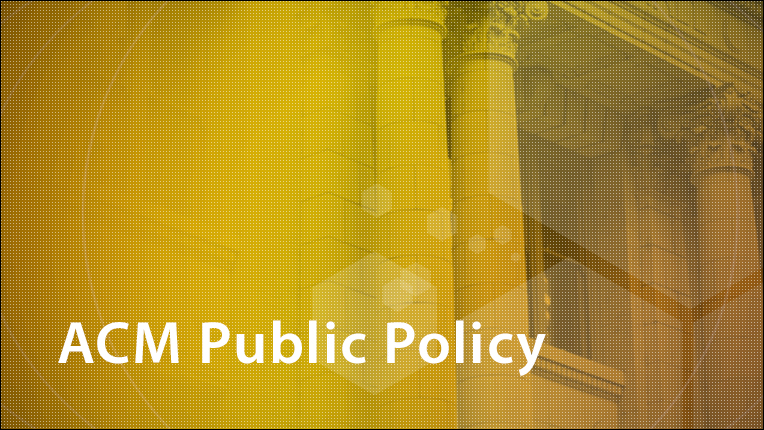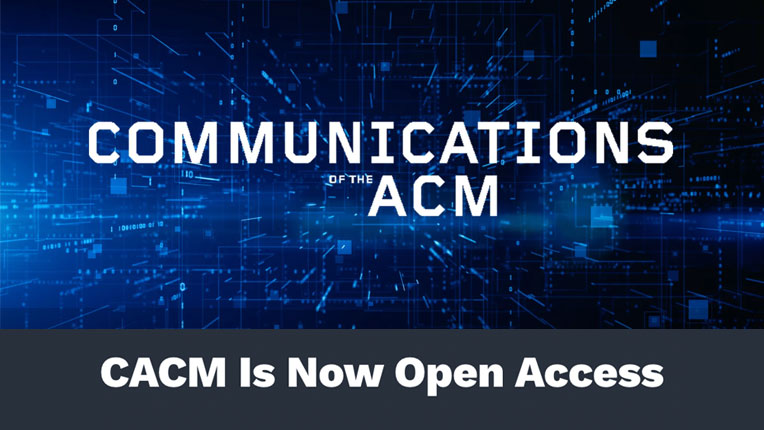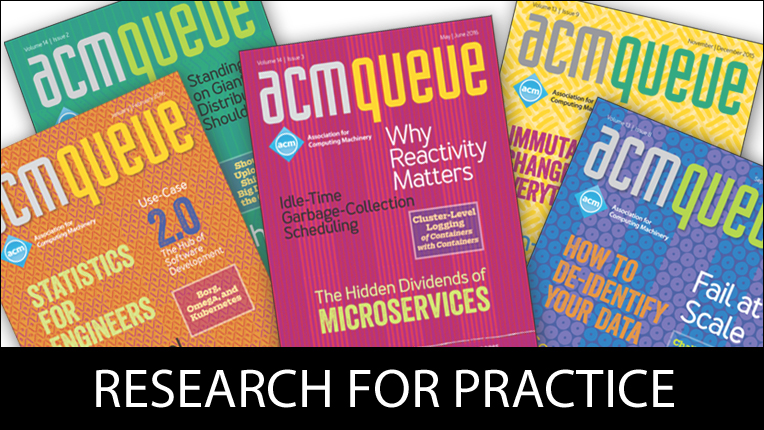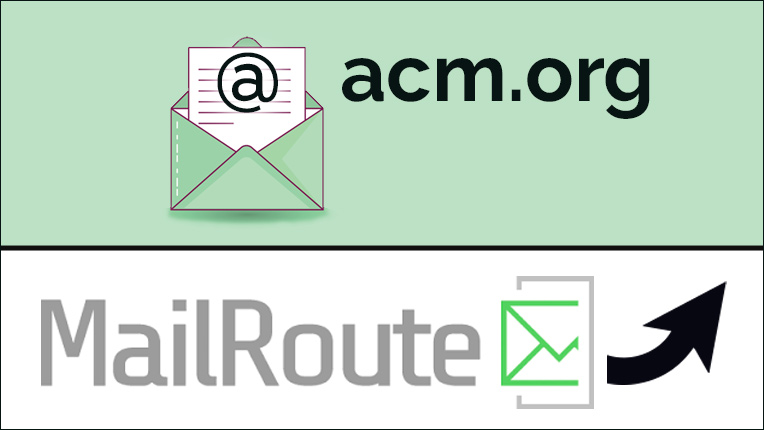2025 Heidelberg Laureate Forum, Sept. 14 - 19
The 12th The Heidelberg Laureate Forum (HLF) will be taking place September 14 - 19 in Heidelberg, Germany, and all are invited to view the livestreamed sessions on the HLF YouTube Channel. Notable session leaders and lecturers include ACM A.M. Turing Award recipients Richard Sutton, Avi Wigderson, Robert Metcalfe, Jack Dongarra, and Vinton Cerf, as well as ACM Prize in Computing recipients Torsten Hoefler, Amanda Randles, and David Silver among many others.
Watch this location for viewing schedule updates.
CACM Relaunched as Open Access, Web-First Publication
ACM has relaunched Communications of the ACM (CACM) as a web-first publication, accessible to all without charge—including the entire backlog of CACM articles. First published in 1958, CACM is one of the most respected information technology magazines. The web-first model will allow ACM to publish articles more rapidly than before so that readers can keep abreast of the lightning-fast changes in the computing field. At the same time, researchers will be able to reference and cite valuable information and research from CACM articles more quickly. This marks another important milestone in ACM's ongoing transition to a fully open access publisher.
Concerning the Responsible Use of AI in the US Criminal Justice System
Artificial intelligence (AI) is advancing quickly and is being adopted in most industries. During the Biden-Harris administration, Executive Order 14110 directed agencies to develop guidelines for acceptable uses and regulation of AI. The NIJ requested input on how AI will affect each layer of the justice system, and how to develop a plan to implement AI in ways that are accurate, fair, and constitutional. In this article from the September issue of Communications of the ACM, Cristopher Moore et al. respond.
Program Merge: What's Deep Learning Got to Do with It?
If you regularly work with open-source code or produce software for a large organization, you're already familiar with many of the challenges posed by collaborative programming at scale. And the scale of the problem has gotten much worse. This is what led a group of researchers at MSR (Microsoft Research) to take on the task of complicated merges as a grand program-repair challenge—one they believed might be addressed at least in part by machine learning. To understand the thinking that led to this effort and then follow where that led, Erik Meijer and Terry Coatta spoke with three of the leading figures in the MSR research effort, called DeepMerge
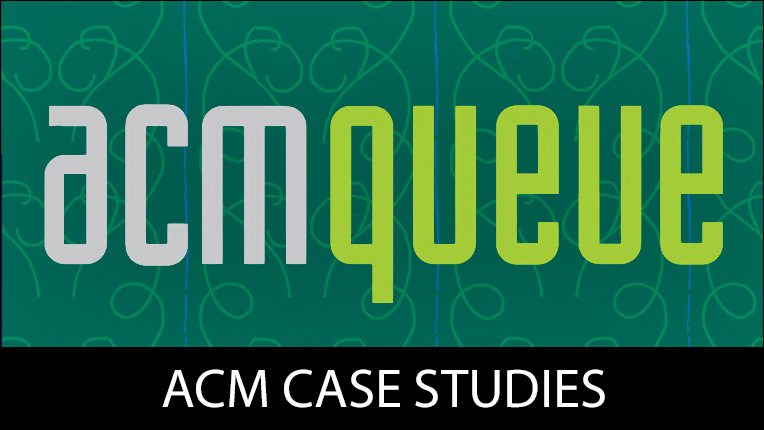
The Point is Addressing
ACM Queue’s "Research for Practice" serves up expert-curated guides to the best of computing research, and relates these breakthroughs to the challenges that software engineers face every day. In this installment, Daniel Bittman curates a collection of papers about "anything related to far-out memories." He includes more than 30 years of research, from single-address-space operating systems, to software-based distributed shared memory, to far memory offload, to single-level stores for persistent memory. The featured papers challenge assumptions about isolation, sharing and locality, transparency, and movement of memory and computation. The thread that ties all these selections together in Bittman's analysis is the topic of addressing, or how data references data.
ACM Reaffirms Its Commitment to Our Mission and Core Values
ACM is aware that many in our community are concerned about potential negative effects of recent Executive Orders by the new US Administration on our work in both the US and globally. This includes concerns about possible consequences for ACM publishing, conferences, education, and practitioner efforts, as well as concerns about possible harms to our work on inclusion for a strong and diverse technology workforce.
ACM reaffirms its commitment to our mission and core values in all our scientific and educational activities. This includes global scientific and educational efforts dedicated to advancing the art, science, engineering, and application of computing. We will continue to serve both professional and public interests by fostering the open exchange of information and by promoting the highest professional and ethical standards.
ACM’s commitment to its mission, guided by its core values, is unchanged. We will work with members of the community to understand how new Executive Orders may affect their work as it relates to scientific, educational, and community development efforts.
Become an Ambassador for ACM
Encourage your colleagues to join ACM, share the benefits of ACM and receive free gifts for participating. Your support of ACM is critical to our continuing efforts to advance computing as a science and a profession.
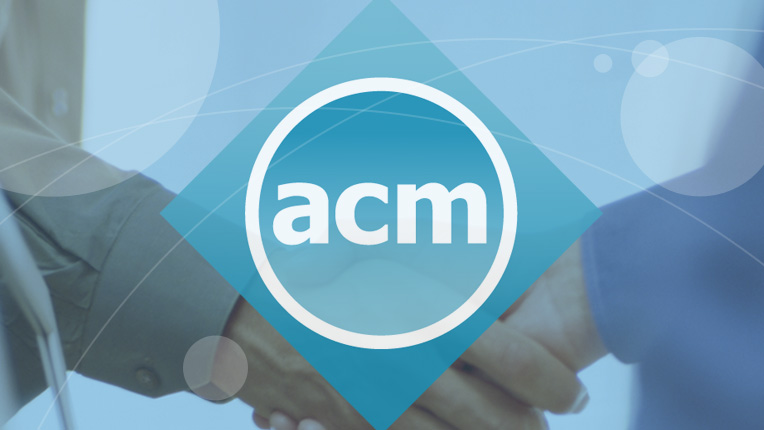
ACM Code of Ethics
The ACM Code of Ethics and Professional Conduct was updated in 2018 to address the significant advances in computing technology since the 1992 version, as well as the growing pervasiveness of computing in all aspects of society.
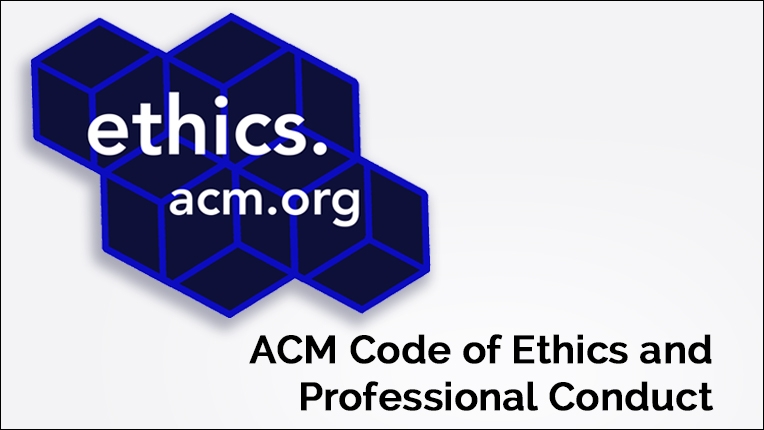
Lifelong Learning
ACM offers lifelong learning resources including online books and courses from Skillsoft, TechTalks on the hottest topics in computing and IT, and more.

Send Email as Your "@acm.org" Address
ACM is excited to announce a new enhancement of to the widely used ACM email forwarding service. Through a partnership with MailRoute, SMTP Auth Relay is now available for member use. To start sending fully authenticated email as your @acm.org address, simply log in at https://myacm.acm.org and click the "SMTP Auth Relay" link.
